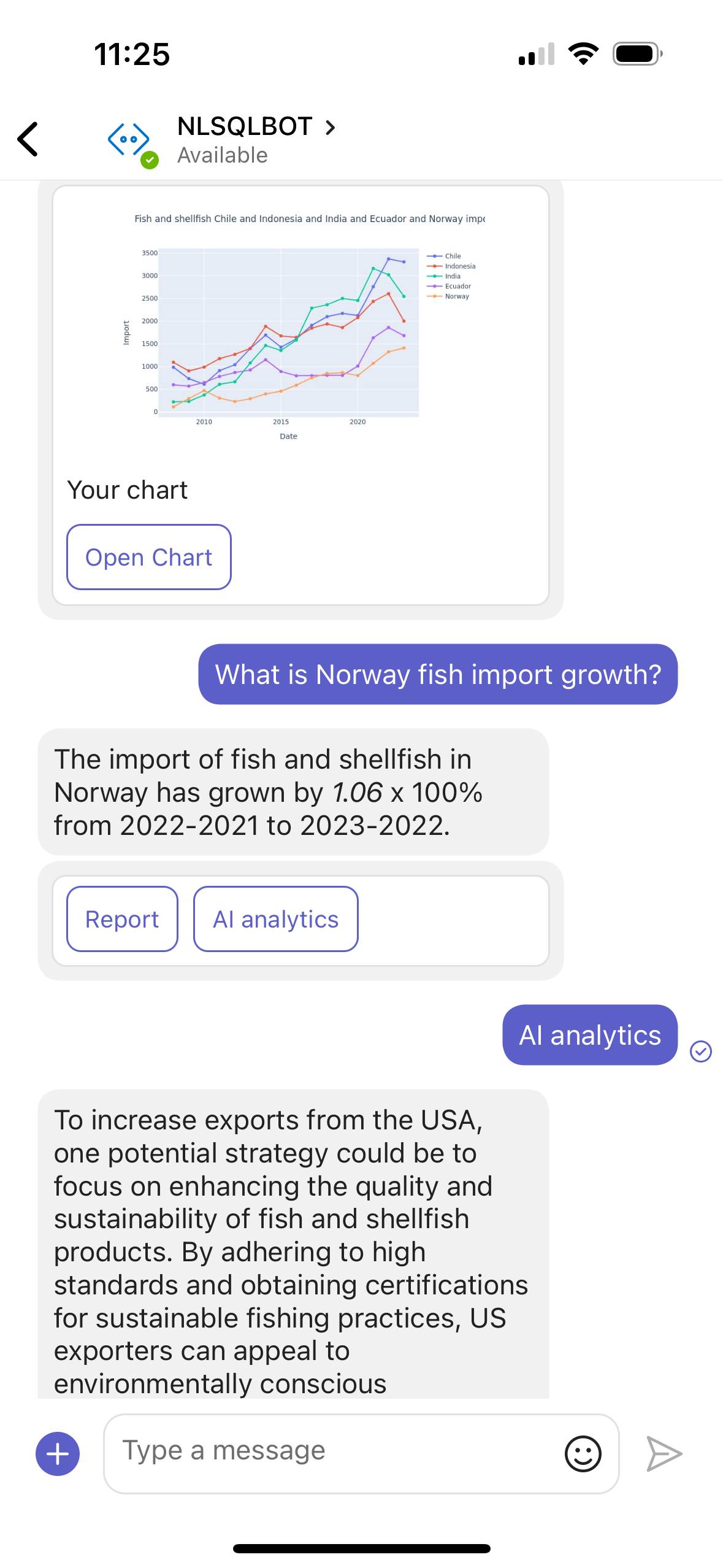AI Business Value for Retail: Boosting Profits
The retail industry is continuously evolving, and businesses need to adapt to these changes to stay competitive. One of the most significant technological advancements in recent years is the use of Artificial Intelligence (AI) in various retail processes. In this blog post, we will discuss the value of AI in retail, specifically focusing on the NLSQL software and its use case in a real-life retail example.
AI has numerous applications in the retail industry, from inventory management to customer service. One such use case is the implementation of AI-powered analytics and decision-making tools, such as NLSQL software. This software can help retail businesses make data-driven decisions, identify anomalies, and optimise their operations.
To illustrate the value of AI and NLSQL in retail, let's consider the story of a convenience store selling whole salmon for 8 GBP per kg. The store enjoyed healthy salmon sales, reaching £25k/month per store. However, a previous store manager decided to start cutting and packaging the salmon, selling the parts for £15/kg. This decision involved additional personnel costs of £3k and packaging costs of about £1/month. The manager believed that the increased consumer price would cover these extra costs.
Unfortunately, this decision led to a decrease in salmon sales from £25k/month to £17k/month, a 32% drop in revenue. The store's total earned margin on salmon fell from £8k/month to £4k/month, a 50% reduction. This counterintuitive decision was based on intuition and trust, rather than data-driven insights.
Enter the new store manager, equipped with NLSQL AI data analytics bot. The AI anomaly detection tool constantly sent email reports about the sales decrease anomaly, prompting the new manager to investigate the fish category performance. By asking a few questions to the NLSQL bot in Microsoft Teams, the new manager discovered the negative impact of the previous manager's decision.
The use of NLSQL software in retail can help businesses make informed decisions, detect anomalies, and optimize their operations. By leveraging AI-powered analytics, the new store manager in our example was able to identify the problem and rectify the situation. This case demonstrates the value of AI in retail, helping businesses make data-driven decisions that lead to increased profits and success.

